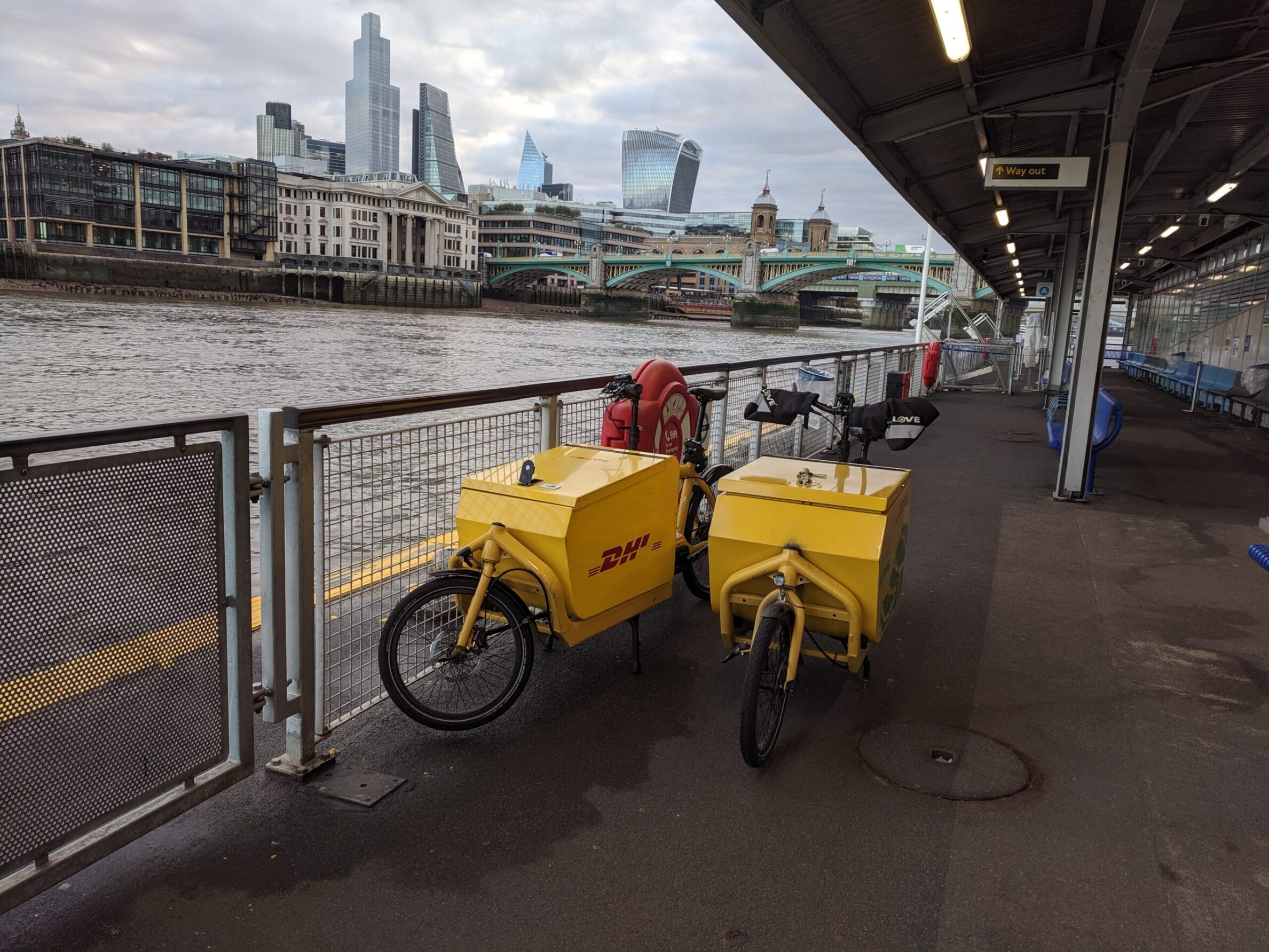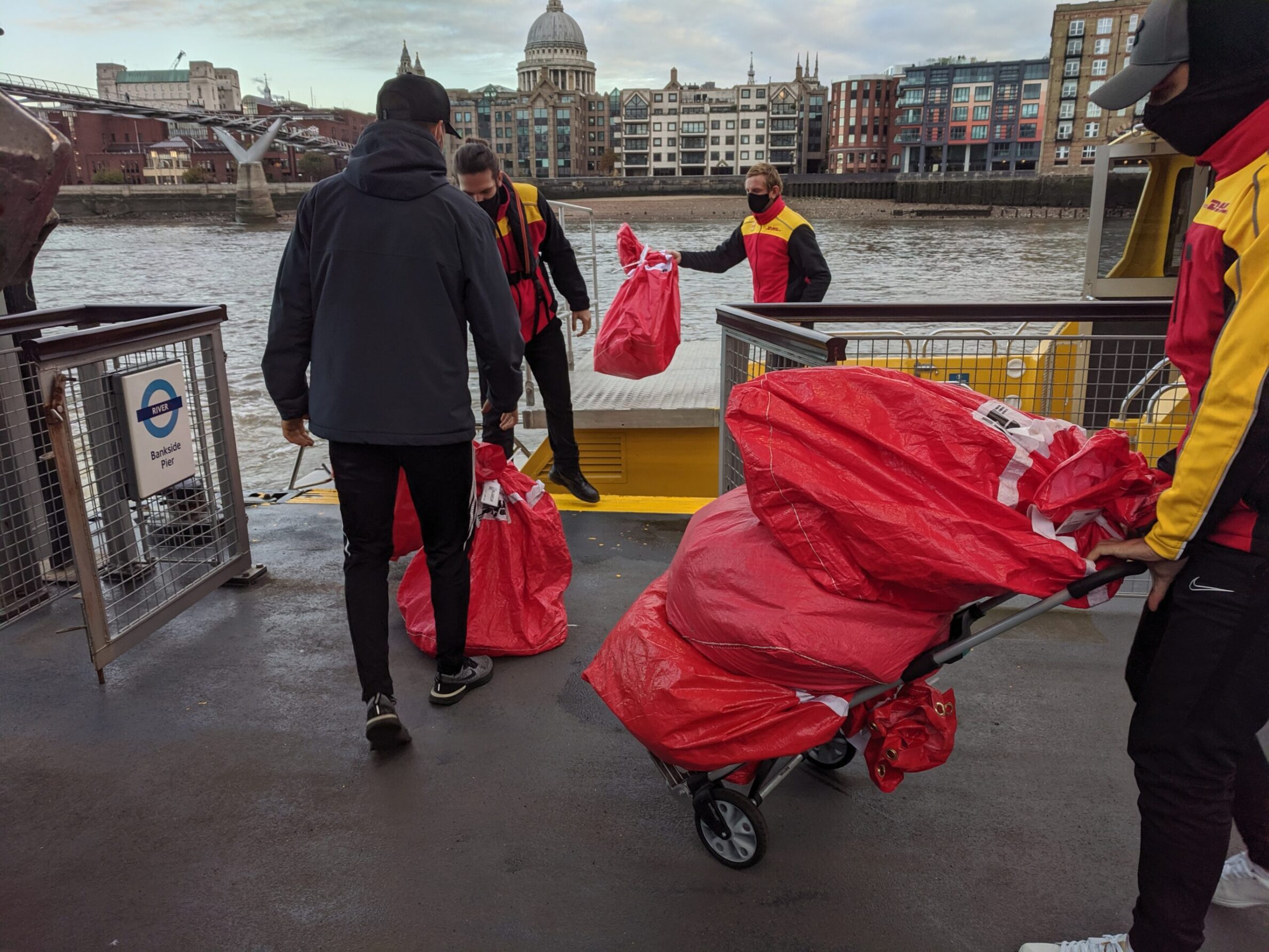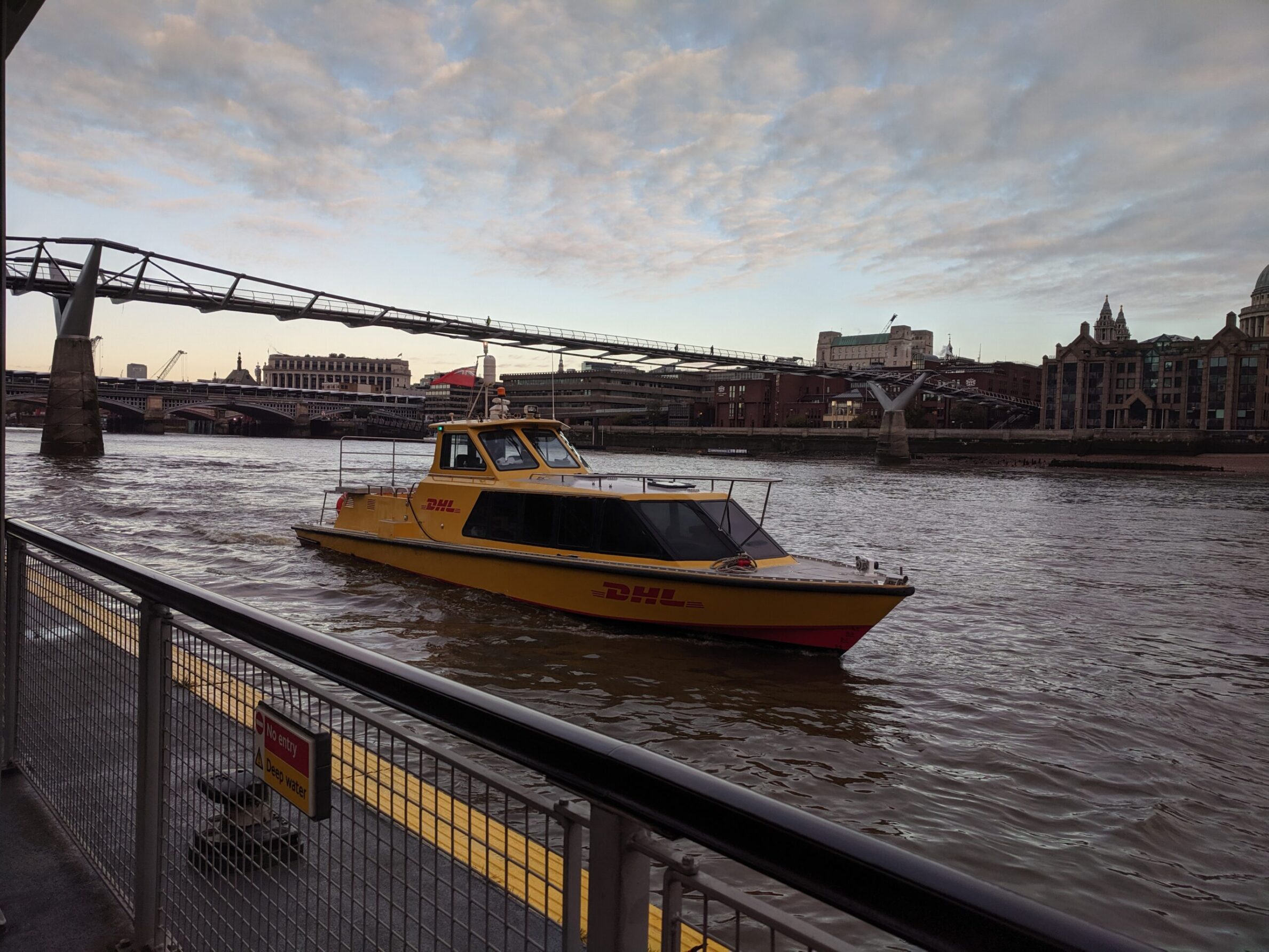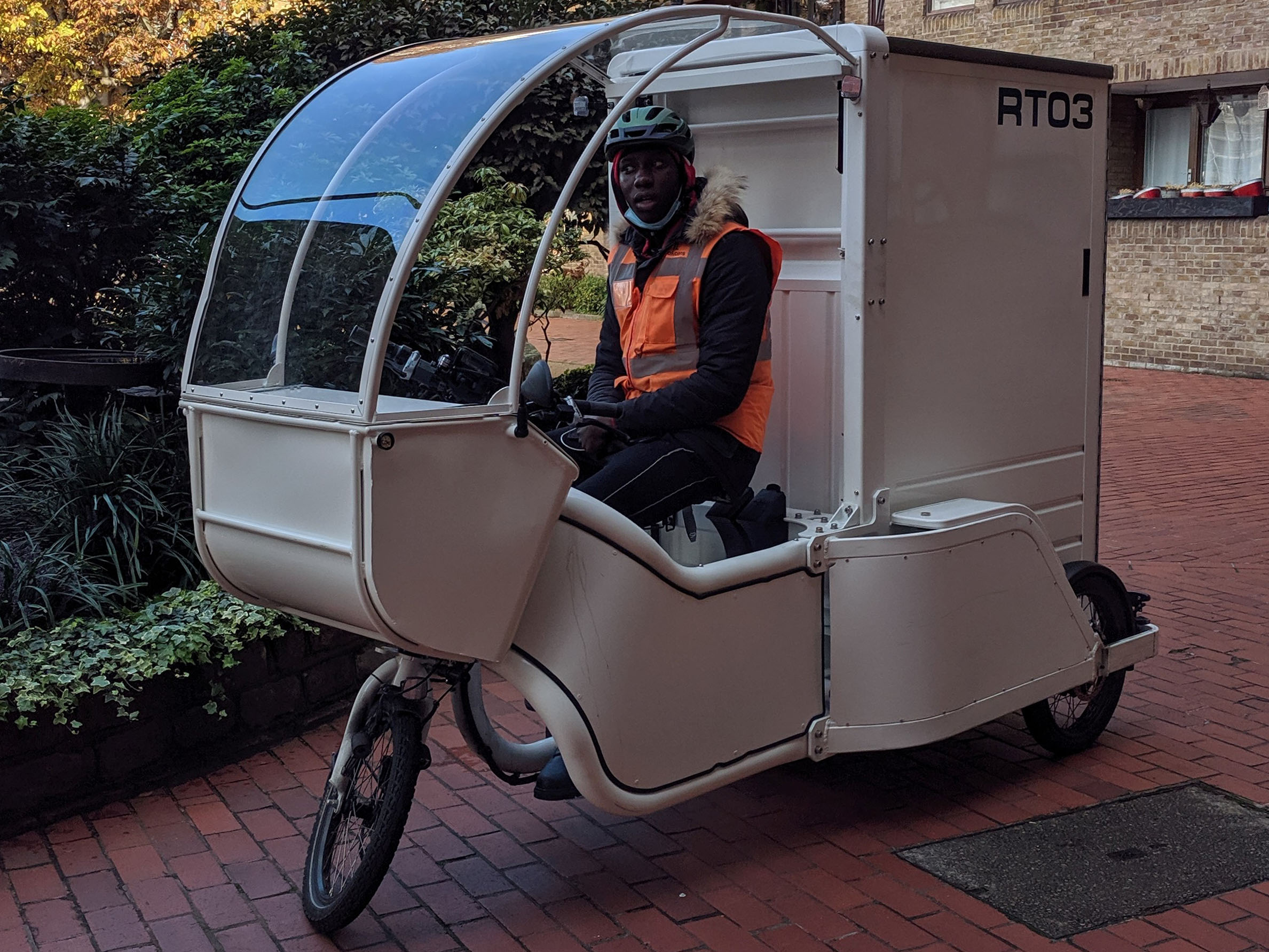The delivery last mile: a natural monopoly?
11 October 2021
Today the postman and two delivery vans came to my door.
We all do it. Online home deliveries are very efficient. A couple of clicks and it arrives the next day or even in a couple of hours. Remarkable levels of organisation and development make this all happen.
The home delivery and logistics sector is booming, driving up traffic on all roads. The haulage industry with low margins, stiff competition, low-entry barriers for new entrants and ultra-demanding customers is already efficient. While the current driver shortage may drive up wages, van deliveries seem to attract a wide range of people – with no special licence required it can be good gig economy work for some.
What would be really interesting to know is the behaviour of people who have home deliveries? My own habits tell me nothing of anyone else’s. We have a Tesco delivery about once a fortnight and then walk or cycle to local shops to top up. However, what do you do? Do you still drive to the supermarket and shops? Does that van delivery genuinely replace a car trip? There must be some valuable insight out there.
Saving on fuel helps to save the planet – a cold engine or idle vehicle is not good for anyone! Making the most of every truck and van mile is common sense so many carriers now share loads. The chances of empty trucks moving around is minimised with fuel and labour costs saved.
The Government’s Transport decarbonisation plan (TDP) and similar aspirations in Scotland, Wales, London and elsewhere, have ambitious targets. But improving air quality and encouraging active travel and public transport will require significant behaviour changes for road users and passengers.
Bus speeds in many parts of the country are on the decline and increased traffic levels are clogging up roads intended for far less traffic. We know from our insight work that the reliability of public transport is a key element in keeping existing passengers happy whilst attracting new ones.
Slower buses feed a vicious circle. More buses are needed to maintain frequency and traffic slows even more. Prices must go up. Passengers drift away.
How to break this? Well, managing traffic levels and boosting space for buses will help. Air quality measures such as Birmingham’s Transformative Transport Plan will make some difference to traffic levels, at least in the short term. The London Congestion Charge has thinned traffic and Nottingham’s workplace car park levy has helped too. What else could work?
There are some innovative schemes which is a good start. More and more delivery cycles can be seen around London’s streets. Last year DHL started a new service bringing parcels from Heathrow to Wandsworth Pier by road, then onto a boat through the underused Thames to Bankside Pier. The parcels would then be loaded onto electric delivery cycles to take up to the West End.




However, are there further steps that can be taken? We know that work has already begun. The TDP [1] commits to “take forward measures in transforming ‘last-mile’ deliveries”. The Government’s Foresight unit [2] and Transport for London [3] have also looked at how to consolidate freight to make better use of the deliveries that already happen.
Why not franchise last-mile deliveries in urban areas? How many vehicle movements would this remove versus the loss of competition and the consumer and societal benefits produced?
The TDP says the Government will pilot some local authorities franchising certain delivery and waste management services. The Post Office came about because the system is, in essence, a natural monopoly.
A decade long franchise could incentivise private sector investment and return a premium to local government. Electric vehicles, remote consolidation centres where parcels can be sorted, demanding customer targets and the best tech could drive down costs and thin traffic.
Buses could speed up and have a bit more space on the roads. More passengers might use them. Wouldn’t that make everyone happy?
[1] Department for Transport, 2021, Decarbonising Transport, A Better, Greener Britain.
[2] Foresight, Government Office for Science, 2019, Last mile urban freight in the UK: how and why is it changing?
[3] Transport for London, 2019, Evaluation of freight consolidation demonstrator projects.



